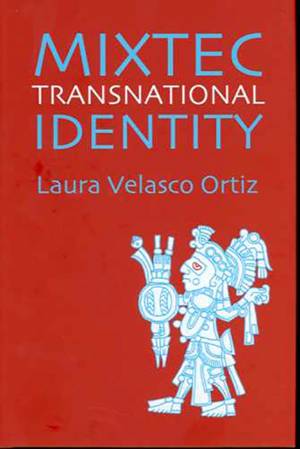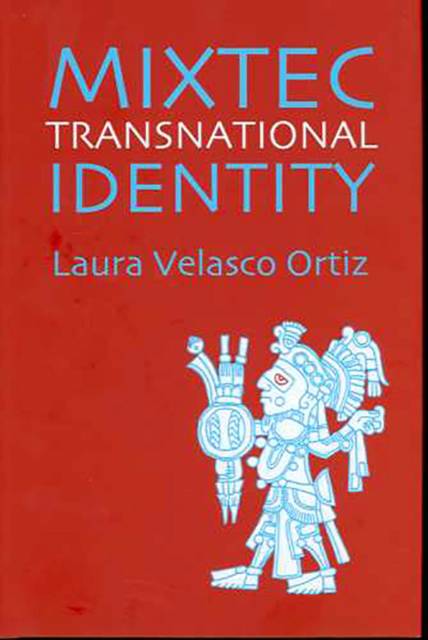
- Retrait gratuit dans votre magasin Club
- 7.000.000 titres dans notre catalogue
- Payer en toute sécurité
- Toujours un magasin près de chez vous
- Retrait gratuit dans votre magasin Club
- 7.000.000 titres dans notre catalogue
- Payer en toute sécurité
- Toujours un magasin près de chez vous
Description
As Mexican migrants have found new lives in the United States, the appearance of migrant organizations reflects the revitalization of ancestral community life. One example, the Binational Oaxacan Indigenous Front, includes participants from cities along the border and represents diverse organizations of indigenous migrants from Oaxaca. Its creation reflects the vast changes that have taken place in migrants' lives in less than thirty years. Mixtec Transnational Identity is the first book to describe in detail the emergence of a wide range of transnational indigenous organizations and communities in the greater Mexico-U.S. border region. It documents and analyzes the construction of novel identities formed within transnational contexts that may not conform to identities in either the "sending" or "receiving" societies. Laura Velasco Ortiz investigates groups located on both sides of the border that have maintained strong links with towns and villages in the Mixteca region of Oaxaca in order to understand how this transformation came about. Through a combination of survey, ethnography, and biography, she examines the formation of ethnic identity under the conditions of international migration, giving special attention to the emergence of organizations and their leaders as collective and individual ethnic agents of change. Velasco Ortiz reconstructs the Mixtec experience through three lines of analysis: the formation of organizations beyond the confines of home communities; the emergence of indigenous migrant leaders; and the shaping of ethnic consciousness that assimilates the experiences of a community straddling the border. Her research brings to light the way in which the dispersion of members of different communities is offset by the formation of migrant networks with family and community ties, while the politicization of these networks enables the formation of both hometown associations and transnational pan-ethnic organizations. An important focus of her analysis is gender differentiation within the ethnic community. There has been little research into the relationship between the process of collective agency and the reconstitution of the migrants' ethnic identity. Mixtec Transnational Identity should stimulate further study of Latino migration to the U.S. border region and its consequences on ethnic identity.
Spécifications
Parties prenantes
- Auteur(s) :
- Editeur:
Contenu
- Nombre de pages :
- 272
- Langue:
- Anglais
Caractéristiques
- EAN:
- 9780816523276
- Date de parution :
- 01-11-05
- Format:
- Livre relié
- Format numérique:
- Genaaid
- Dimensions :
- 161 mm x 236 mm
- Poids :
- 517 g







